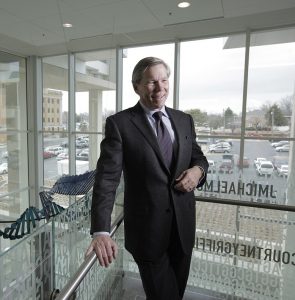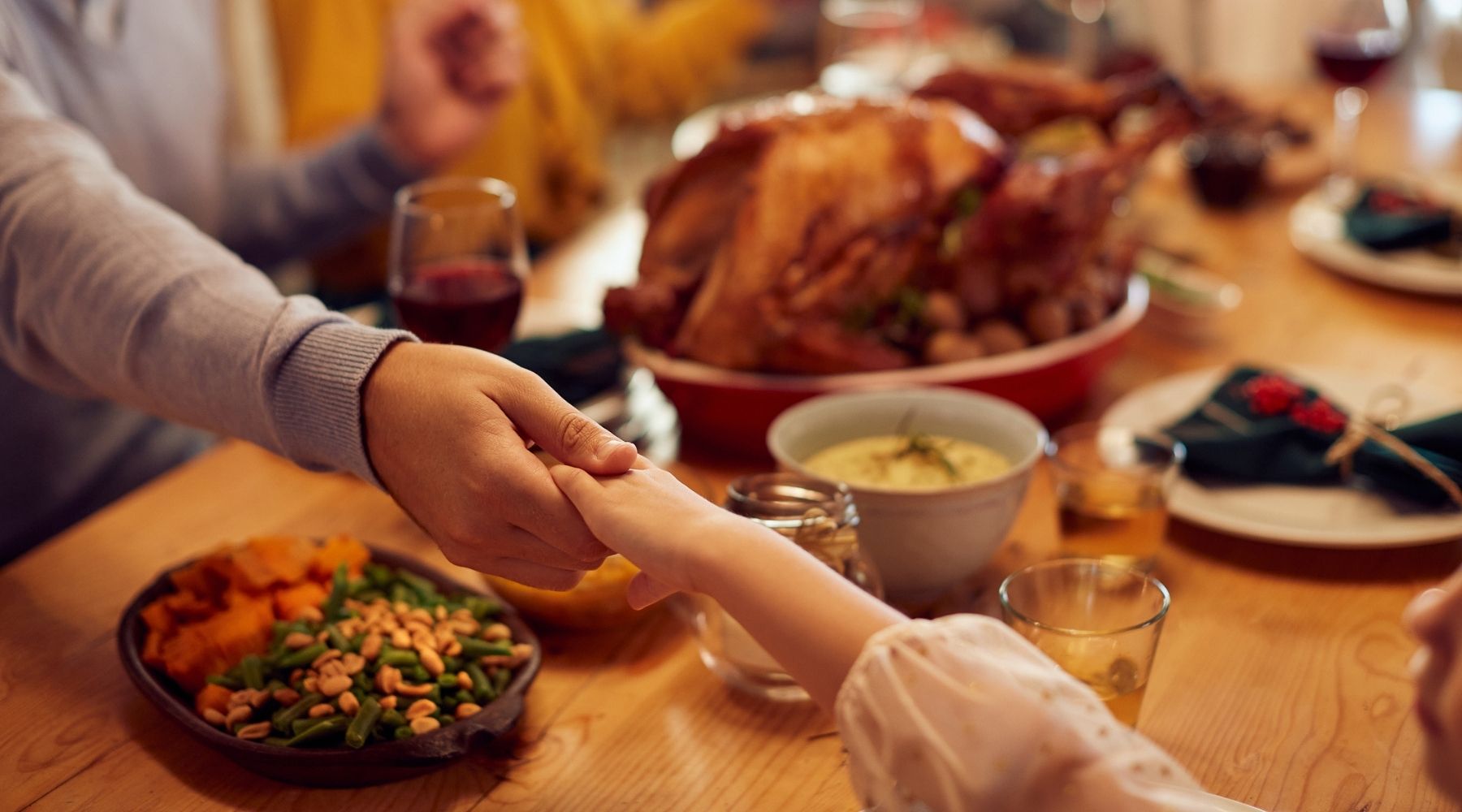 Each day, my girlfriend opens an app on her phone and logs her level of gratitude. I don’t know exactly what the scoring system is, but I know that Mary can be harsh when it comes to self-judgment, so I’m betting she frequently gives herself low marks.
Each day, my girlfriend opens an app on her phone and logs her level of gratitude. I don’t know exactly what the scoring system is, but I know that Mary can be harsh when it comes to self-judgment, so I’m betting she frequently gives herself low marks.

With Thanksgiving approaching, I figured I’d try a little harder to wrap my head around this exercise. So, I asked her what she’s grateful for.
There was – and I mean this in the nicest way – the obvious stuff: family, friends, even her curmudgeon of a boyfriend. She mentioned fresh-cut flowers and some new snack food she’d recently been introduced to, too.
More seriously, though, she said she was also grateful for the perspective that comes from loss. “It helps all of us realize that life is precious and to take a little less for granted.”
That’s a sentiment I expect we all can identify with as we approach our second pandemic Thanksgiving. With Covid-19 now having claimed more than 750,000 American lives, chances have grown increasingly remote that a friend or family member is not among that count. Plus, there are the countless others who have contracted the virus and survived, only to find themselves dealing with lingering physical and psychological health issues.
Especially with case numbers ticking up again, the relentlessness of the virus has proven oppressive, like a leaden cloud that never seems to blow away. For one of my friends, a primary care physician who devotes a significant portion of his practice to elderly patients, it’s become increasingly difficult to maintain a sense of optimism and gratitude.
At the skilled nursing facility he staffs, some days he’ll see nothing but Covid-related cases. “Covid pneumonia, Covid encephalopathy,” he explained as we stood on his front porch the other day. “And then there are the vaccination discussions.” He shook his head. “Sometimes, it’s hard not to become cynical.”
He and his partner, a nurse, garden and take long walks to decompress. As they do, he said, “We remind ourselves of all that we have to be grateful for. Family, good friends, financial security, good health. And this,” he said, waving his hand at the resplendent fall foliage. “I don’t ever want to take this for granted.”
Indeed, as we compare this holiday to where we were a year ago, we shouldn’t take anything for granted. Thanks to an unprecedented scientific initiative, we have a trio of effective vaccines that have brought us forth from our homes and back into the world.
Last year, Mary and I stayed in Oklahoma for the holiday, which we limited to a small group of family members who were a part of our bubble. This year, we’ll fly to Philadelphia, where, with my kids, we’ll see my sister’s family and my parents. Both Mom and Dad are frail and experiencing health challenges, but thanks to the vaccines, we can spend precious time together in person. For that, I’m incredibly grateful.

Still, loss lingers in our midst. For me, the most profound absence is one unrelated to the pandemic: Dr. Stephen Prescott.
As the president of the Oklahoma Medical Research Foundation, he was my boss for 15 years. He was also a mentor, confidant and dear friend.
He died of cancer in May, but his memory stays with me. Even as we at OMRF prepare to welcome his successor, Dr. Andrew Weyrich, Steve is never far from my thoughts.
Sometimes, it’s in the context of big, institutional things, like mapping out strategic plans or fundraising initiatives. But just as often, it’s an inside joke I want to share. Or a silly observation that, I imagine, would tickle Steve.
Except now, I remember, Steve’s not here to laugh.
In these moments, it’s easy to get morose. But I try not to. Because, as Mary says, loss can provide a frame.
It reminds us to be thankful. For those we were lucky enough once to know. And for the ones who continue to imbue our days with meaning and joy.
—
Adam Cohen is OMRF’s senior vice president & general counsel and interim president. He can be reached at contact@omrf.org. Get On Your Health delivered to your inbox each Sunday — sign up here.



